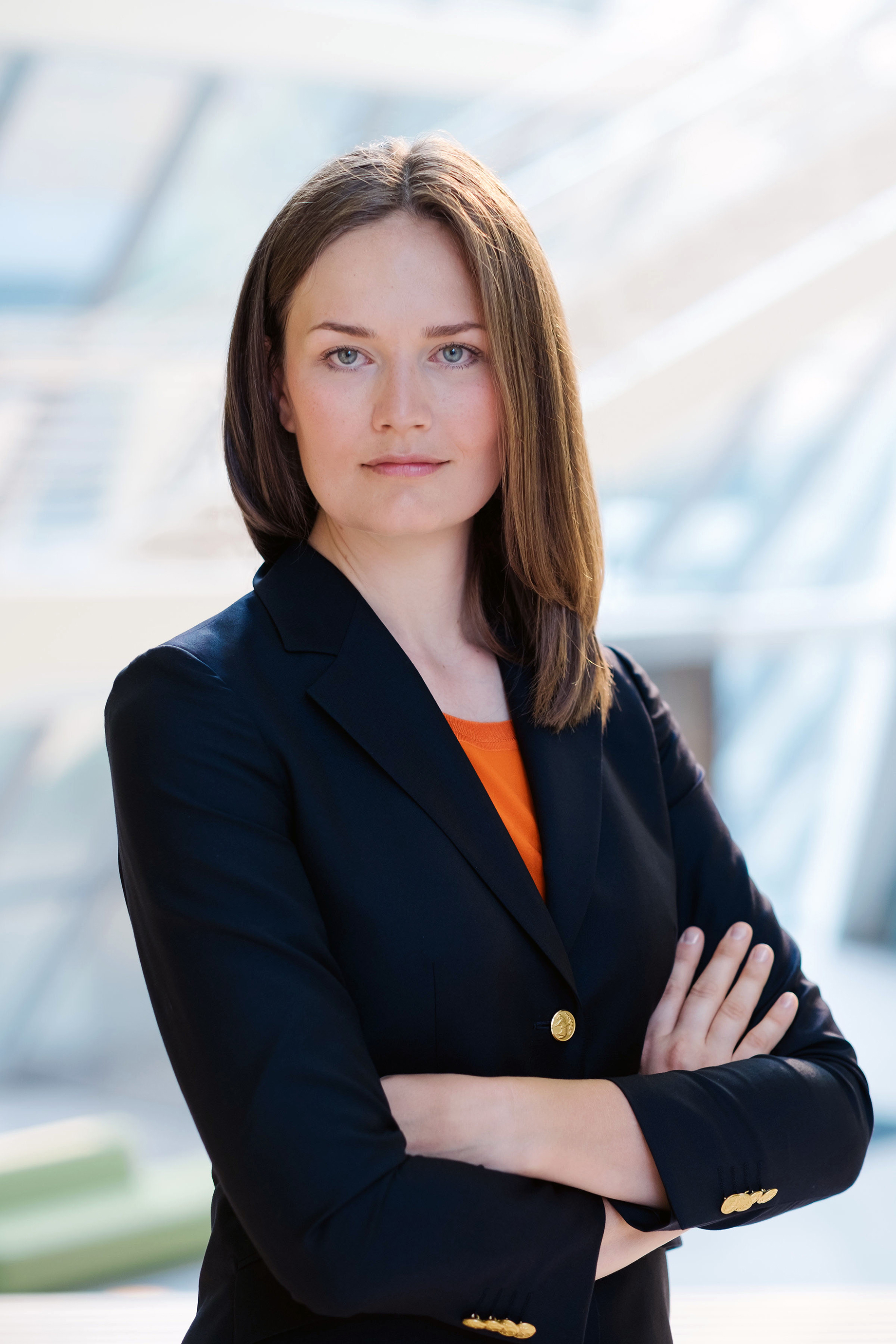Creating opportunities for retailers has become a major component in the revitalization of Portland State University, a 45-acre urban campus near downtown Portland, Ore., with a student population of about 26,000. Leading these efforts is Dawnna Wilder, leasing manager in the university’s campus-planning office.

“The university’s motto is ‘Let Knowledge Serve the City,’ so we are really thinking and operating in ways that transcend a university campus,” said Wilder. “I am trying to create a dynamic retail portfolio that services everybody in the community.”
Wilder, who has lived most of her life in the Denver area, got her start in real estate as a marketing coordinator with Coldwell Banker. A few years after that, she joined Colorado-based commercial real estate firm Tebo Properties as an assistant to company founder Stephen Tebo. “I always said yes to opportunities and some risks,” said Wilder. “When I wasn’t sure about something, I would always just jump in and figure it out.”
In 2013 Wilder relocated to Portland and returned to school, completing a bachelor’s degree in philosophy from Portland State two years later. She then spent a year as a property manager for a downtown Portland apartment building before becoming a leasing specialist at the university.
“Her pitch is a simple one: 'We basically bring customers to them,' she said”
Most of the buildings on the Portland State campus were built in the 1950s and ’60s (in an architectural style that Wilder cheekily dubs “brutalist”), but the campus is now being modernized through major renovations. Thanks to the city’s requirement that there be some street-level retail space in all new buildings, the campus retail mix is transforming too. “We are seeing a change in how the university is identifying itself — not as this reclusive campus, but featuring new spaces, new retail and new services,” said Wilder.
With regard to the search for retailers, Wilder says there are higher priorities than rental income. “It is not just who is going to pay the highest amount of money,” she noted. “It is really who is going to bring the experience that we are looking for to campus.” Wilder cites a concentration toward women- and minority-owned businesses and toward local and regional businesses. Her pitch is a simple one: “We basically bring customers to them,” she said. “We have a large student population, and we know that our students prefer [retail] experiences.”
A good example is Portland-based Green Zebra Grocery, which for its campus store opened a “micro-grocer” concept occupying less than 5,000 square feet. “It gives you that intimate experience that I think a lot of students are wanting,” said Wilder. Another is Growler USA, a craft-beer pub that occupies about 3,000 square feet in the university’s Karl Miller Center, a School of Business building completed in the fall of 2017. Also included in the building’s retail mix are Best Baguette and Coco Donuts, each of which occupies about 1,500 square feet.
“Student surveys conducted by Portland State point to an interest in mainly local and regional tenants”
For now, Wilder is focused most on leasing some 10,000 square feet of retail space in a new building at Fourth and Montgomery streets, being developed in partnership with the city and with Oregon Health & Science University and Portland Community College. She is also negotiating with a financial institution to open a concept similar to Capital Bank One’s chain of bank-based cafés.
Student surveys conducted by Portland State point to an interest in mainly local and regional tenants, which comprise the bulk of the university’s retail mix. “We have access to both faculty and student resources to do student surveys every year or so,” said Wilder. Those surveys are then combined with polls that examine housing and transportation demands, she says, and the composite results help determine where the retail space gets placed.
Of course, one major challenge with university retail is the lack of traffic during the summer break, Wilder points out. To help counteract this, the university sponsors community events such as a farmer’s market and offers other inducements. “We found ways to be flexible with leasing terms and also alternative payment schedules,” she said.
“There is a big push now for particularly women in real estate to get involved and to really collaborate”
It helps to maintain communication with tenants, Wilder says. “That is a benefit to us when they are local or regional,” she said. “It is not just a business transaction, but more of a developed relationship with the business owners.”
One of Wilder’s newest initiatives involves working with the university’s sustainability office to help draft sustainability-related terms into lease agreements, involving construction materials, composting, energy use and the like.
Wilder says ICSC offers opportunities to learn how retailers and property owners confront the relevant issues of the day, and so she wants to become more involved with the organization. “There is a big push now for particularly women in real estate to get involved and to really collaborate,” she said. “Working for a university, having resources at my fingertips, having a lot of female mentorships here at the university, I think that Portland State is a great place for innovative ideas. I hope to continue to be involved and to maybe one day help lead those efforts.”
By Ben Johnson
Contributor, Commerce + Communities Today